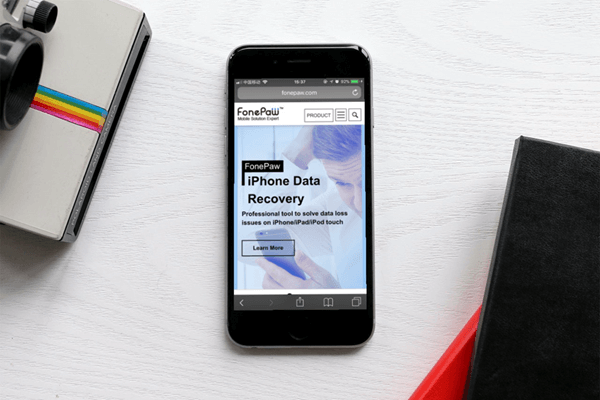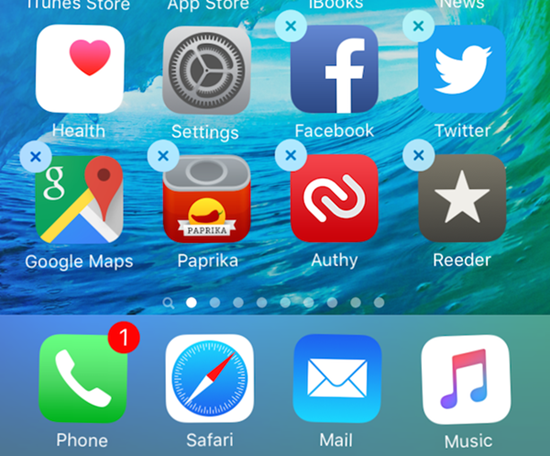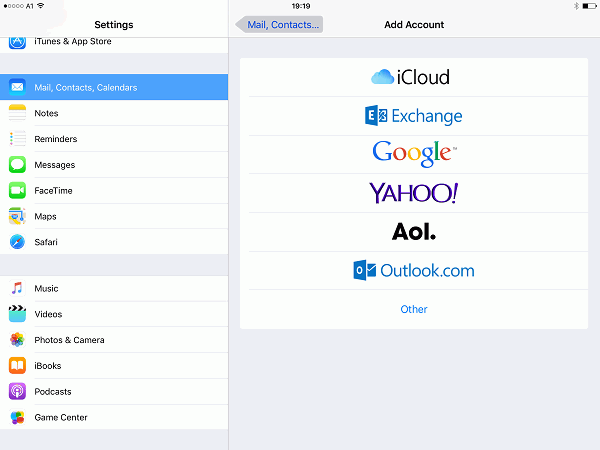5 Reasons To Keep Using iTunes For Windows
In June, Apple surprised iTunes users with the breaking news: it turns out, iTunes is saying goodbye forever, with three standalone apps taking its place. However, one thing remains unchanged: Windows users still can use iTunes in its original edition.
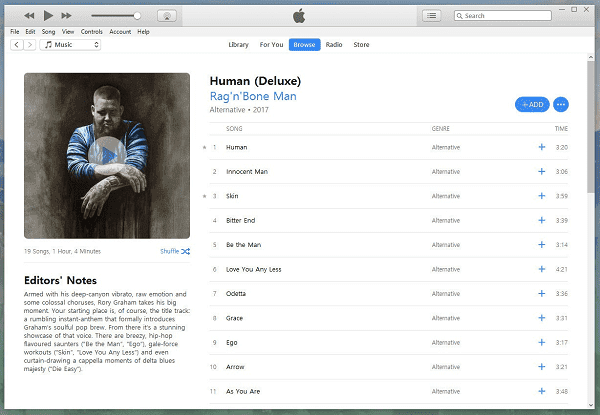
The main page of iTunes on a Windows PC
Now, let's take a look at whether iTunes still is one of the best media management software. After all, if Apple decided to cease the support for the platform, there must be plenty of reasons. Is the application really than flawed? And if that's the case, should Windows users even consider using it?
Let's go over five reasons for iTunes download for Windows and make a brief examination of the main concerns about the platform's functionality and interface.
Reason #1 - Customisable playlists
iTunes is legendary for its personalization features. The application analyzes the behavior of a user and adapts the functionality and interface to particular needs. Now, skeptics often say that iTunes for Windows is a far cry in terms of customization compared to the original iOS and Mac version.
Sure enough, its interface is still outdated, and with the cancellation of the platform's support, the interface of iTunes for Windows will not change. So, you will have to deal with interface problems, but instead, you could focus on the unique functionality that iTunes has to offer.
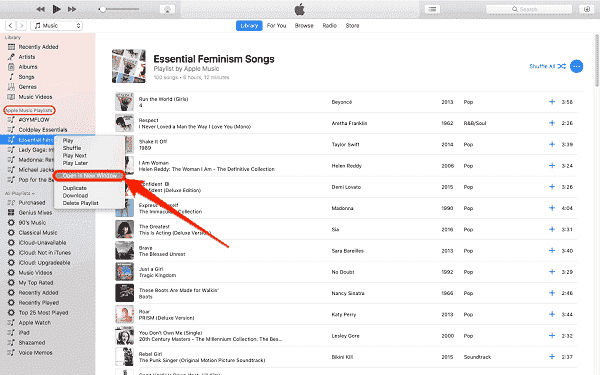
You can open the playlist in a different window or in the same tab.
- You can connect the Windows platform to your Windows iTunes and copy playlists from a mobile device to desktop and vice versa.
- iTunes offers a lot of customized playlists for various occasions, divided on genres, suitable for a particular emotion or sorted by the date of song's publishing.
- You can create smart playlists based on the songs' quality, determined by the community. Also, you can set unique personal criteria, and the platform will adhere to these requirements.
- You can send the links to your playlists and exchange contents with other users.
Reason #2 - Seamless synchronization
The main reason to download iTunes for your Windows PC is the comfortable procedure of transferring music from iPhone to iPad. Basically, by downloading iTunes on your PC, you are connecting a computer to the same ecosystem.
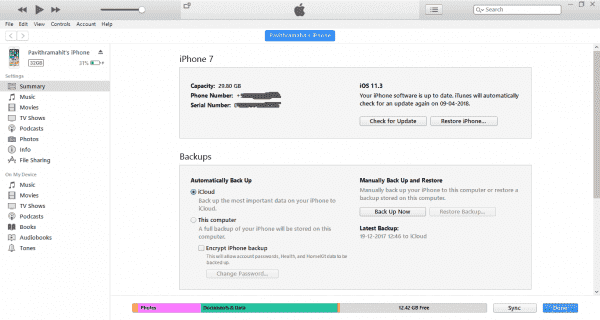
The synchronization settings
- No USB port required;
- Files are exchanged in a cloud service, and the synchronization requires online connection;
- Anytime you edit a playlist or acquire a new track; these changes will be displayed on all connected devices.
If you are using other Apple's devices, installing iTunes is practically mandatory for you. Your music will be available in the same platform from all devices in a couple of clicks - seems like a no-brainer.
Reason #3 - No other way to use Apple Music
If Apple Music is your primary source of audio content, you have to install iTunes - the only manager that will allow you to complete purchases and used the acquired content. Even though the settings of Windows' manager are much less elaborate than in the original editions, it's still your only possibility.
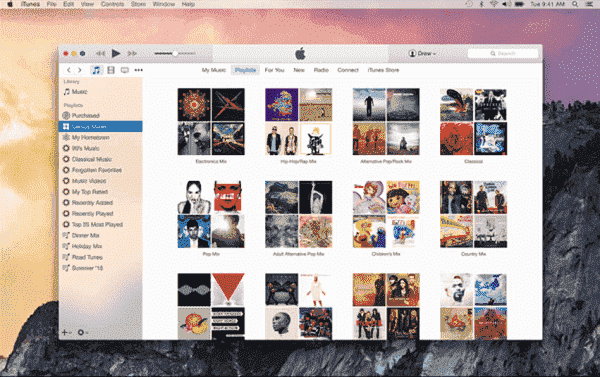
The Apple Music's interface in iTunes on Windows
- Download iTunes Cloud - it's an essential tool for Apple Music to function correctly;
- Connect your iTunes on Windows to your account;
- Synchronize your iTunes to other Apple devices;
- Start making purchases - they should be visible on all connected devices.
You can also use iCloud Music library - this one has rare tracks and remixes. However, it's worth noting that as soon as you delete iCloud Music from your Pc, those remixes will disappear from playlists as well. Be careful not to remove it accidentally.
Reason #4 - Smart mini-payer
iTunes is often criticized for its uncomfortable interface (we'll get later to the explanation of why it's the case). It's not necessarily true for all platform's features. One of our favorite add-ons of iTunes is a mini-player - a lightweight tool that plays your tracks in the background mode with little CPU conception.
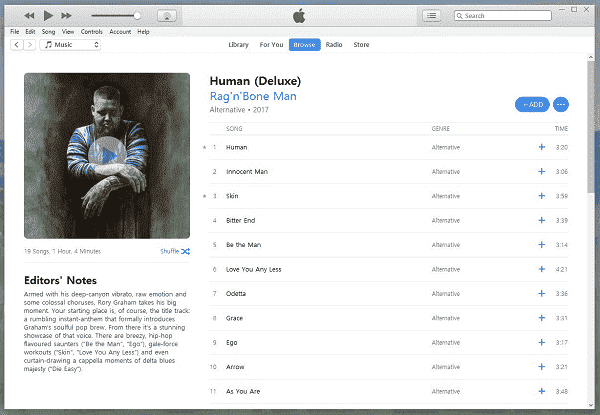
iTunes' smart player for Windows
- Minimalistic interface. You can find main functionality of the top panel, the playlists or album's description on the left side and the list of all tracks at the right block. You can see the genre and duration of each tracks and filter them by these characteristics.
- The search feature is fast and well-customizable.
- You can always add a new track to the playlist, acquiring it from the Apple Music or uploading the file from your local storage.
Reason #5 - A comfortable CD-ripper
Even if you are already using a standalone CD ripping software, there is a strong case to use the built-in ripping feature in the music manager. For one thing, you can move the ripped tracks directly to playlists. It's doesn't require additional storage and space and you don't have to slow your system down by opening yet another program.
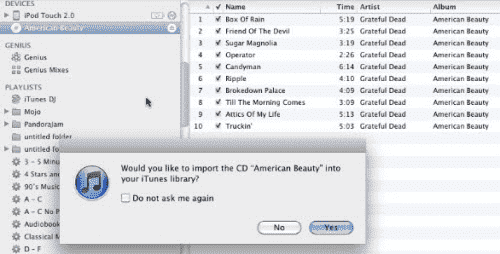
You can import discs directly to your iTunes library
- Using iTunes CD ripper gives you direct access to your musical library. Right after the files are ripped, you can transfer them directly to your playlists.
- The tool is fast and simple. While standalone ripping applications may be superior by speed and functionality, iTunes prefers simplicity over overloaded features. Also, an individual ripping tool would consume additional amounts of CPU, which slows down all system processes.
- After the file is ripped from your PC, you'll be able to access the audio from all connected devices. If you use a native Windows manager instead, you won't have the same benefit of synchronization.
That's actually, another immense advantage of iTunes - all benefits of the platform seamlessly blend into each other, creating a wholesome user experience.
A case against using iTunes
Now that we recognized all iTunes' strong suited, it's only fair that we take a look into its negative sides. Most importantly, are there cases where you don't need iTunes? How to decide whether the hassle is worth it or not?
The answer is simple: you don't need to use iTunes if you don't have other Apple gadget. The main perk of the platform is that it allows you to enter an iOS/Mac ecosystem and connect it to the Windows PC.
Let's review the top reasons of why iTunes is not necessarily the best pick as a standalone application for media management for a Windows PC.
- The purchased music is not accessible from the main screen. You need to go to the Store tab, review the history of your acquisitions, and play the tracks from there.
- A cluttered interface with multi-layered settings. All that personalization that's so nicely done in a Mac edition here has to be achieved by tedious manual settings. All these customization features take up a lot of space in menu panels. The interface truly feels suffocating at times.
- Apple Music and iTunes library look completely different. On one hand, it's easy to differentiate, which is which this way, but on the other hand, did we ever ask for this distinction? Having a cohesive experience throughout the entire platform would be a much more comfortable experience.
- Apple eats up CPU like crazy. Just to play music, the software consumes around 20% of CPU - although this number is being reduced by the development team. This disadvantage can be justified by the plethora of Apple's additional features (of course, such a multi-faceted app cannot be lightweight). Still, it slows the system down and consumes your battery.
All that said, it doesn't mean that installing iTunes for Windows only makes sense if it's a complementary platform. It's an excellent chance for Windows users to make Apple Music purchases without having to acquire an Apple device. It's an elegant way to benefit from what Apple's ecosystem has to offer without actually buying a Mac or iOS device.
So, apart synchronization, another application of iTunes for Windows is using it as a gateway to Apple's marketplaces and easily acquire new tracks, listen to podcasts, and download audiobooks. No matter how you look at iTunes' functionality or interface, it's still the most popular music platform out there. The choice of content here is on the whole other level.
Conclusions
As you can see, there are several valid arguments both in iTunes' favor and against it. The best way to decide if it fits for you this by trial and error. We would recommend downloading the platform anyway to try out how it works for you and your PC. Each device is different, and on one PC, the software can cause a bunch of bugs, but work smoothly on another. You'll ever know if you never try.
Overall, the rule of thumb is the following: if you use Apple devices, you need iTunes to connect your PC's media files to the same ecosystem. If not, there are better native Windows solutions out there. Still, in the second case, you can try installing iTunes, anyway - it has some unique features and add-ons that you won't find elsewhere.



















